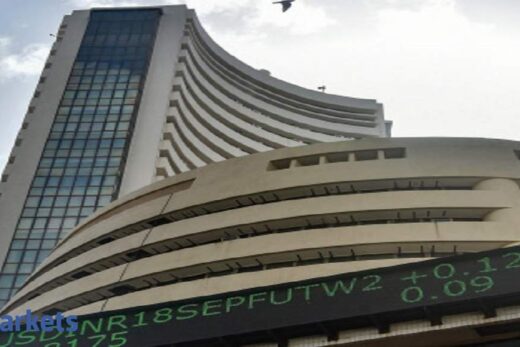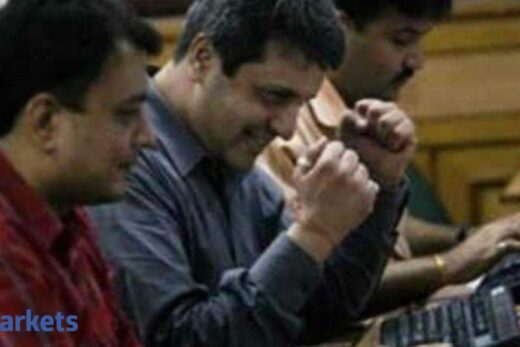Amar Akbar Antony. It was all about
Honi ko Unhoni karde – Unhoni ko Honi. Flows, sentiments and fundamentals are the Amar, Akbar and Anthony of our markets. They made the ‘mother of bear market’ turn into ‘mother of bull market’ in just about six months.
Flows came from FPIs, from retail investors; sentiments picked up because of normalcy and economic activity; and fundamentals improved courtesy September quarter earnings. If one looks at the global economy, the economic rebound was almost in ‘V’ shaped. This was possible mainly because central banks have pumped in money.
The G10 central bank balance-sheet is now crossing $25 trillion. This is roughly about 35-40 per cent of global GDP. It’s obvious that when liquidity is high, equities go through the roof and interest rates come down dramatically. Today, the world is sitting on $18 trillion worth of negative-yielding debt. When interest rates are low, valuation of equities gets supported. What looks expensive at 10 per cent yield suddenly becomes cheaper when yield has fallen to 5 per cent.
This has resulted in global equity running up rapidly. The MSCI World Index 12-month forward PE is now in the 20s.
One fallout of the Covid impact has been that big companies are becoming bigger. Larger companies with access to capital and access to consumers have made more profit than smaller ones. In the Indian economy, we are seeing a V-shaped demand recovery in petrol consumption, in tractor sales, automobiles, railroad traffic, digital payments and diesel consumption. By and large, the recovery has been strong on the demand side.
On the supply side, slowly and steadily things have started improving across the sectors. The government has launched production-linked incentive (PLI) schemes. These are applicable across a gamut of sectors — be it mobiles phones, pharma, automobiles, food products, textiles, telecom etc.
Our belief is over time these schemes will add significantly to the GDP. Between construction, housing and PLI-supported sectors, India has the potential to go into high single-digit/low-double digit growth levels over time.
To reiterate, the flows from FPIs and retail investors pulled the market up. The sentiment picked up on improving economic activity. But the most important thing which changed the market is corporate profitability.
In June quarter, 2020, Nifty50 company’s profits stood at roughly around Rs 46,000 crore. For September quarter of 2020, profit expectation was of Rs 70-75,000 crore but the actual numbers came in at Rs 1.10 lakh cr. This sharp jump in profitability is the reason why markets remain bullish.
If companies maintain this kind of profitability they maintained in September quarter, one can reasonably assume that Indian market at this fair value may continue to move up.
By virtue of good September quarter earnings, Nifty EPS has started seeing upgrades. This is after seeing downgrade for 23 quarters. Earnings growth is likely to rebound strongly. FY21, which was expected to be negative on earnings growth, is now expected to see above 2 per cent earnings growth. More so, the FY22 earnings growth is expected to be at 38 per cent. This is one of the highest earnings growth and may be comparable to 2011 results.
If we look at Nifty valuation, it is higher compared with its historical average, but it is in line with the average of where other emerging markets are trading. If we look smallcaps, they are still trading below their January 2018 peak. Largecaps and midcaps are trading at their all-time high levels.
Clearly, there has been polarisation in the market, and very few stocks are leading this rally. Barring few sectors such as banking and media, every other has delivered positive returns for Calendar 2020. The year 2020 saw smallcaps and midcaps deliver better return than their largecap peers.
In this backdrop, we maintain a nuanced view. Valuation wise, we maintain a ‘neutral’ weight on equities while momentum wise, investors can be slightly positive. This does not mean one must sell stocks. It only means an investor can book profit if he/she has been overweight on equities at this point of time. Also, let’s be aware that valuation wise, we are trading at a market-cap-to-GDP ratio of 98 per cent against the historical average of 75 per cent. The forward PE ratio is slightly at a premium to the average, but as earnings upgrades come in, it may get neutralised. The P/B ratio seems to be trading just above historical average.
Putting all these things together, we believe the market is at fair value and this is the time to be ‘neutral’ weight on equities.



